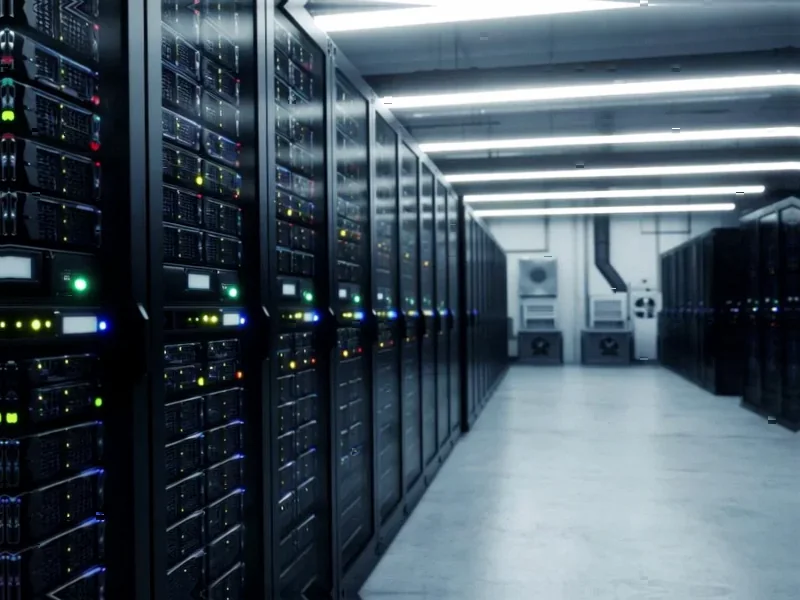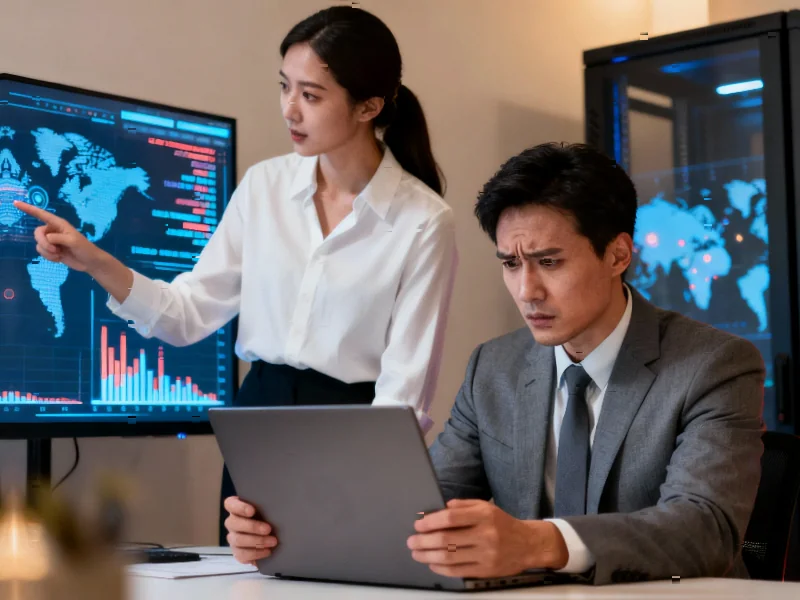According to Business Insider, Google DeepMind is currently hiring a Senior AI Economist specifically to research what economics would look like in a world with artificial general intelligence. The job posting describes leading research into “post-AGI economics” and questioning existing assumptions about scarcity, wealth, and distribution. Google DeepMind CEO Demis Hassabis has repeatedly warned about AI’s potential impacts on large economic systems, suggesting at Davos in January that AGI could change everything from money to the capitalist system itself. The successful candidate will be responsible for building economic simulations and models to explore post-AGI scenarios. Meanwhile, Anthropic is also advertising for a similar role focused on AI’s impact on labor markets and economic growth.
The Big Economic Questions
Here’s the thing—Google isn’t just hiring another AI researcher. They’re bringing in someone to think about what happens when machines can basically do everything humans can. We’re talking about questioning fundamental economic concepts that have been around for centuries. Scarcity? Distribution of resources? The very concept of companies? Hassabis has floated this idea of “radical abundance” where AI solves our basic needs, but what does that actually mean for how society functions?
And let’s be real—this isn’t purely academic curiosity. Google has massive skin in this game. They’re one of the biggest players in AI development, and they need to understand how their own technology might reshape the economic landscape they operate in. If AGI really does transform everything, they want to be ahead of the curve rather than reacting to changes they didn’t see coming.
Who Else Is Thinking About This?
Google isn’t alone in this space. Anthropic is hiring for similar economic research roles, focusing specifically on labor markets and growth. Basically, all the major AI labs are starting to realize that the economic implications might be just as important as the technical breakthroughs.
But here’s what’s interesting—Hassabis has been calling for something bigger than just internal research teams. He wants a CERN-like international body that brings together philosophers, social scientists, writers, and technologists to guide AI safely into society. The question is, who’s actually building that institution? And will it happen before the technology gets away from us?
What This Actually Means
Look, hiring one economist doesn’t solve the problem of potentially world-altering technology. But it does signal that Google is taking the economic disruption seriously. They’re not just focused on beating the next benchmark or launching the next chatbot—they’re thinking about what happens when their technology actually works too well.
The real challenge? Economic models are built on historical data and human behavior patterns. How do you model an economy where intelligence isn’t scarce? Where production might become nearly free? We’re talking about potentially rewriting economics textbooks, and Google wants to be holding the pen.
So while this might seem like another corporate hiring announcement, it’s actually part of a much bigger conversation about who gets to shape our AI future—and what that future might actually look like for everyone’s wallet.




